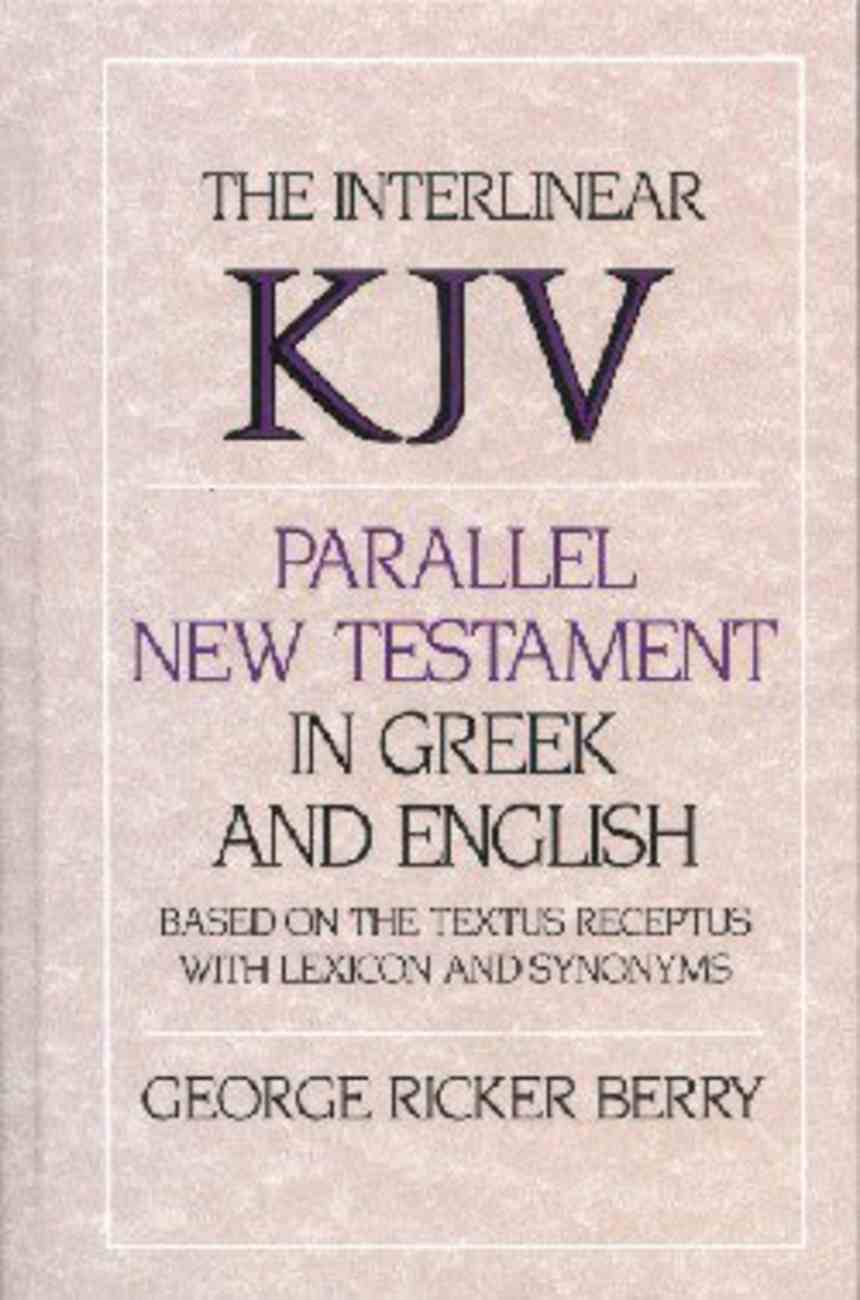
Indeed, a survey of 10 major English Bible versions 2 reveals that the majority translate θέλει as “wants” (30%) or “desires” (40%).

Who wills everyone to be saved and to come to the knowledge of the truth. Who desires everyone to be saved and to come to the knowledge of the truth. Who wants everyone to be saved and to come to the knowledge of the truth.

Therefore, the verse can be translated as, How confident should I be in this reasoning? So many Christians quote this verse, it appears to me, to prove that God wants to save absolutely every member of the human race, but their understanding that not all are saved plus their understanding of this verse justifies their belief system concerning free will, God's will not being done etc: I have been an active Christian for over sixty years and I would vote this verse and 2 Peter 3:9 as the two most significantly misquoted verses in the Bible.Īt face value, it simply means “God wants everyone to be saved,” without exception.Īs for the verbs “want” and “will” as translations of the Greek verb θέλει, they are synonymous when used in this context. The ordinary people then, are being encouraged to pray for other sorts of people because God desires to save people in every stratum of society. In v1 the meaning of "all" is "all types" in as much as we are given examples of those types, kings and others in high positions. I think that pantas here is being seen as similar as panton in v1. contextually, of prayers imploring God's aid in some particular matter: Luke 1:13 Philippians 1:19 plural Hebrews 5:7 supplication for others: ( 2 Corinthians 1:11) περί τίνος, Ephesians 6:18 ὑπέρ τίνος, 2 Corinthians 9:14 Philippians 1:4 with the addition πρός τόν Θεόν, Romans 10:1.In Interlinear Greek-English New Testament, Baker books, in the literal translation section of 1 Timothy 2:4 is "who all of men desires to be saved". any pious address to God (see below)): Acts 1:14 Rec. requests addressed by men to God (German Bittgebet, supplication) universally: James 5:16 1 Peter 3:12 as often in the Sept., joined with προσευχή (i. a seeking, asking, entreating, entreaty (from Plato down) in the N. need, indigence ( Psalm 21:25 ( ) Aeschines dial.

Thayer's Greek Lexicon STRONGS NT 1162: δέησιςġ.


 0 kommentar(er)
0 kommentar(er)
